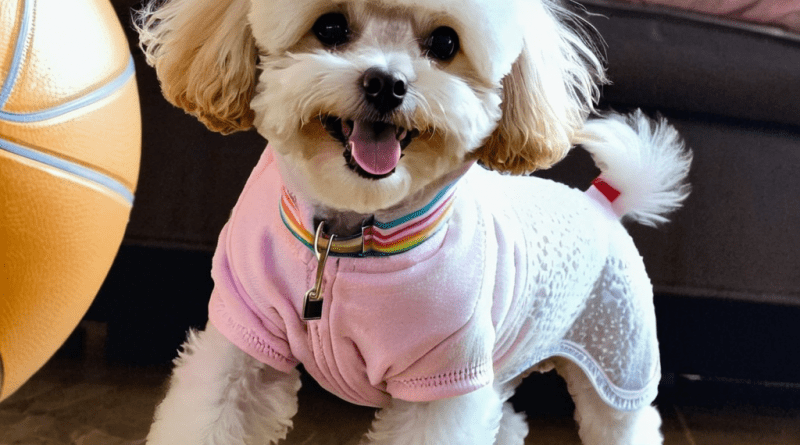The Complexities of Owning a Toy Poodle: 12 Reasons to Think Twice
When contemplating the addition of a furry friend to your family, particularly the charming toy poodle, it's essential to consider the implications fully. These adorable, curly-haired bundles of joy have been widely adored for their intelligence and loyalty, but they may not be the perfect fit for every pet parent. There are several reasons one should carefully weigh before making a toy poodle part of their daily lives.
Grooming Demands
Toy poodles require consistent maintenance to keep their curly coat in top condition. Unlike some breeds that shed and renew their fur naturally, toy poodles do not shed, which means their grooming needs are constant to prevent matting and maintain a respectable appearance. Regular clipping every 4-6 weeks is a must to keep their coat short and free from knots. This high level of care might be challenging for those with a packed schedule.
Sensitivity Level
These pooches are remarkably sensitive; they react strongly to unexpected touch or loud noises and can get nippy when startled. This trait can pose a problem in homes with young children or in environments filled with sudden or loud activities.
Child Interactions
The toy poodle's sensitivity extends to its interactions with children. They may not tolerate the unpredictable behavior of young children, who might not understand the dog's boundaries and delicate nature, possibly leading to incidents of biting or stress.
Stranger Wariness
Even with their incredible loyalty to family, toy poodles often exhibit apprehension around strangers, which can become aggressiveness in some cases. If you frequently entertain guests or live in a bustling area, realize that this breed may not adapt well to such a setting and requires time for proper socialization.
Health Vulnerabilities
This breed can be susceptible to various health issues such as food allergies, diabetes, and several organ and joint disorders. The potential for high vet costs and emotionally taxing health care should be considered seriously.
Excessive Barking
Some toy poodles tend toward nuisance barking, which can become bothersome to both owners and neighbors. If you're not fond of a vocal canine, this might not be the ideal breed for you.
Separation Anxiety
Known for their clingy nature, toy poodles crave uninterrupted attention and may experience anxiety if left alone. For those with a nomadic lifestyle or a demanding job that entails frequent travel, this breed could struggle with bouts of stress and loneliness.
Sensitivity to Emotions
Their acute sensitivity to human emotion means they can become distressed in a noisy or argumentative household. Peaceful environments are where toy poodles thrive best.
Limited Guard Dog Ability
Despite their intelligence and alertness, toy poodles are small in stature and might not intimidate intruders, which is an important factor if you're seeking a guard dog.
Delicate Nature
Due to their petite size, toy poodles must be handled carefully to prevent injuries. Kennels and animal shelters often see these dogs surrendered because of accidents involving young children.
Food Preferences
Not all dog food is created equal, especially for toy poodles who are picky eaters due to their sensitive stomachs. Caring for a toy poodle may mean seeking out specialty diets that can incur greater expense.
Training Requirements
Intelligent, yes, but also independent-minded, toy poodles require consistent and sometimes professional training to ensure their obedience and adaptability to family life and routines.
While owning a toy poodle can bring a lot of joy, it's clear that they need an owner committed to providing the care, environment, and attention that best suits their needs. As with any pet, understanding their unique traits and challenges is essential.
For those ready to consider the full spectrum of responsibility that comes with owning a toy poodle, these adorable dogs can make a lovable and intelligent addition to their human families, especially when their needs are met with dedication and affection. It's not a decision to take lightly, but for the right person, the effort can lead to a rewarding companionship.
If you found this post enlightening, don't forget to follow Petsfi for more interesting and informative posts about our beloved four-legged companions.




